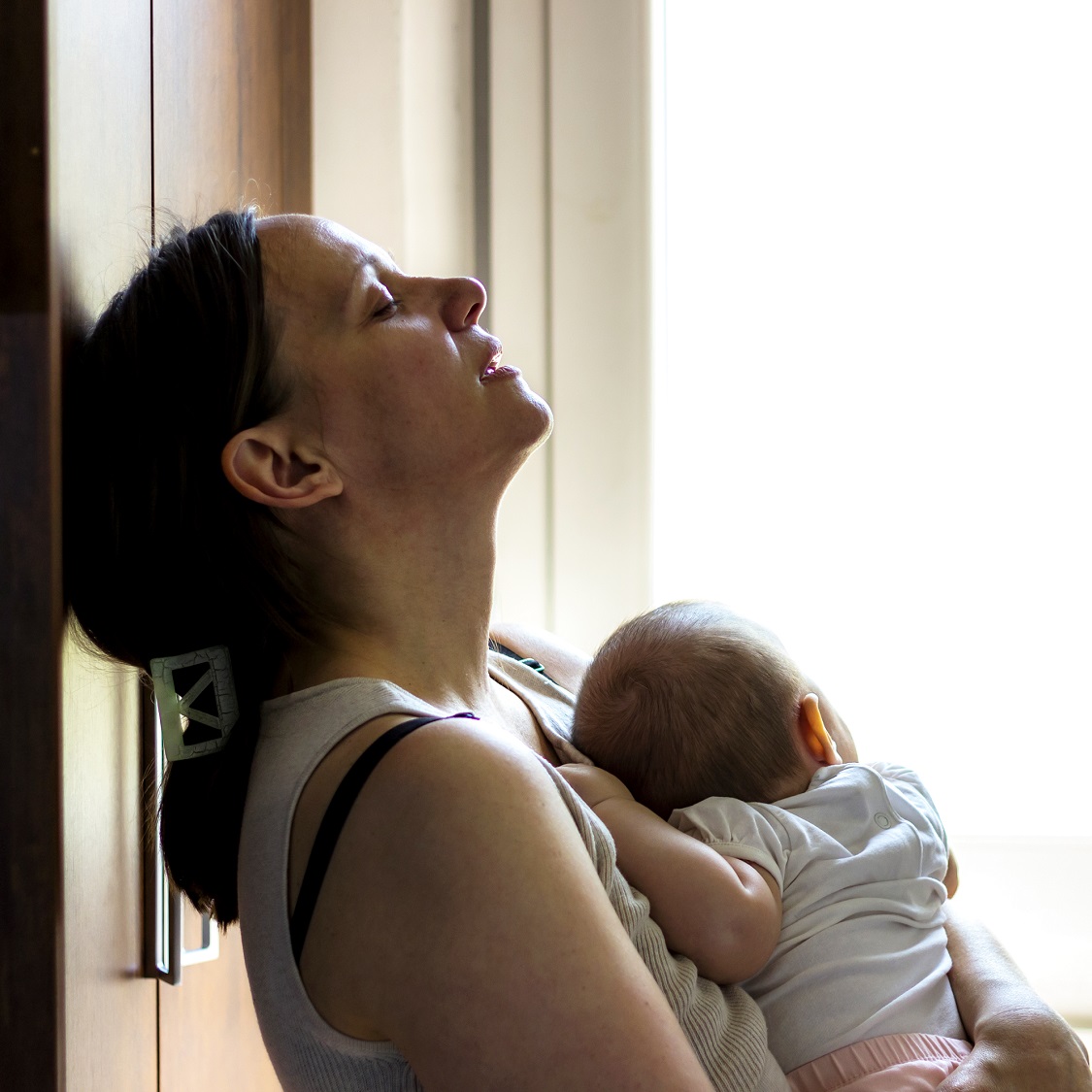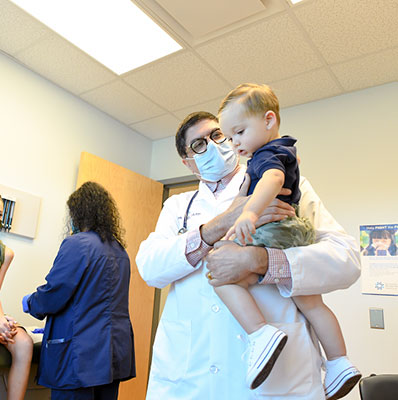

Updated October 1, 2025
Constipation is a common problem among children, and it can cause them discomfort and distress. As a pediatrician, I'm often asked for advice on how parents can know if their child is constipated and how to prevent or relieve constipation. Here's what I tell them.
How to Know if Your Child Is Constipated
Constipation is very common in young children, and it can occur for a variety of reasons, including:
- Dehydration, because as water helps soften stool and move it along the digestive tract more quickly
- Diets high in processed foods, low in fiber and low in fluid intake
- Lack of physical activity
I tell parents to look out for these signs that their child might be constipated:
- Passing hard, small stools
- Infrequent bowel movements (fewer than two or three a week)
- Telling you it hurts to go to the bathroom
- Stomach pain or cramping
- Unusual appetite changes
Tips to Avoid or Relieve Constipation in Kids
I encourage parents of young kids to do these five things regularly to avoid constipation for their kids; these same steps can also help relieve minor constipation:
- Make sure your child gets plenty of fluids, preferably water:
Children ages 1–3: 4 cups a day (including water and milk)
Children ages 4–8: 5 cups a day
Children 7+: 7–8 cups a day
- Ensure that your child eats a healthy diet that includes plenty of fiber-rich foods, such as beans, lentils, oats, bran, whole grains like brown rice and quinoa, fruits like apples and pears, vegetables like broccoli and spinach, and nuts like almonds.
- Make sure your child gets enough physical activity, whether it be running around in the backyard or going for a family walk.
- Avoid giving your child too many foods that can cause constipation, such as excessive dairy products, processed meats, some grains like rice and pasta, and sugary snacks.
- Make sure your child is getting enough restful sleep each night. Not sleeping enough can cause constipation because it disrupts the body's natural rhythms and negatively affects digestion, leading to decreased motility in our bowels.
When to Talk to Your Pediatrician About Constipation
Usually constipation in kids is temporary and not serious. But sometimes it can lead to complications or be a sign of an underlying condition. Talk to your doctor if the constipation lasts more than two weeks—or sooner if you notice any of these symptoms:
- Fever
- Vomiting
- Unexplained weight loss
- Blood in the stool
- Bleeding from the rectum
- Bloating
Next Steps & Resources:
- Meet our source: Shamila B Zawahir, M.D.
- Learn more about the Pediatric Multi-Specialty Practice at JFK University Medical Center
- To find a pediatrician near you, call 800-822-8905 or visit our website.
- VIDEO: How a Pediatrician Treats Constipation
Find a doctor near me

Is Your Child a Picky Eater? Try These Tips

The Essentials for Your Baby: A Tool Kit

Can You Avoid Postpartum Depression?
